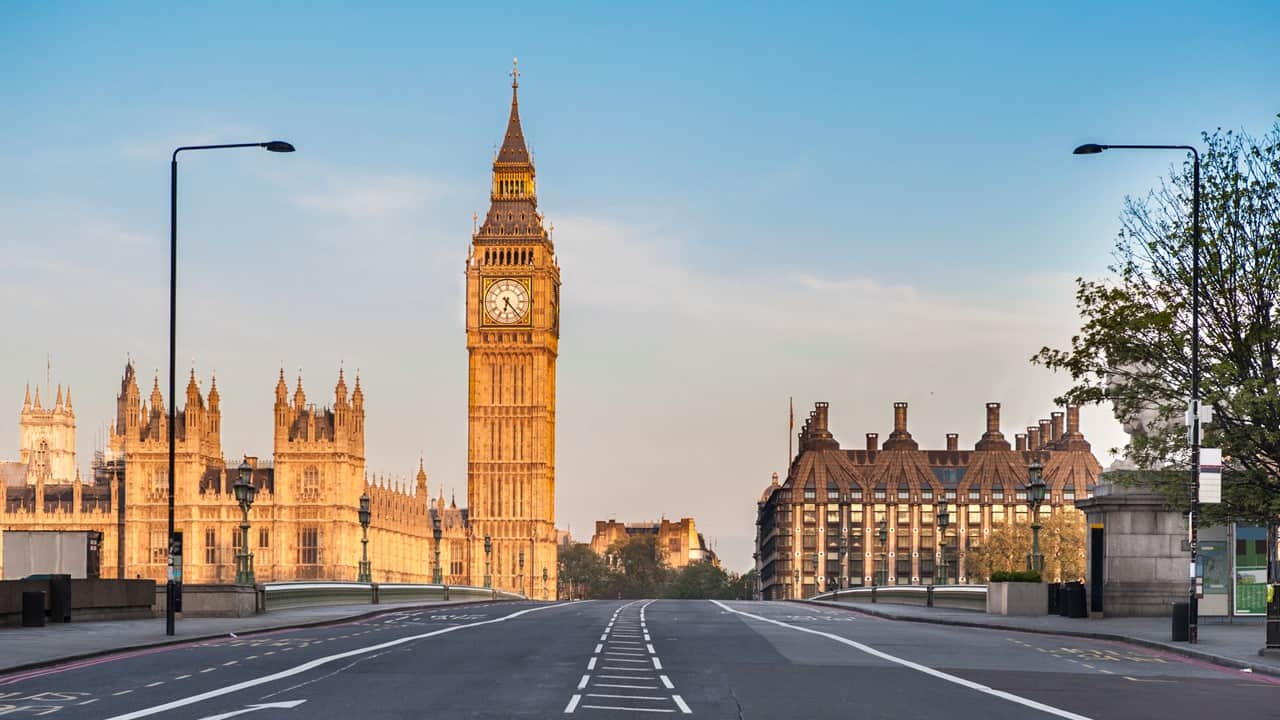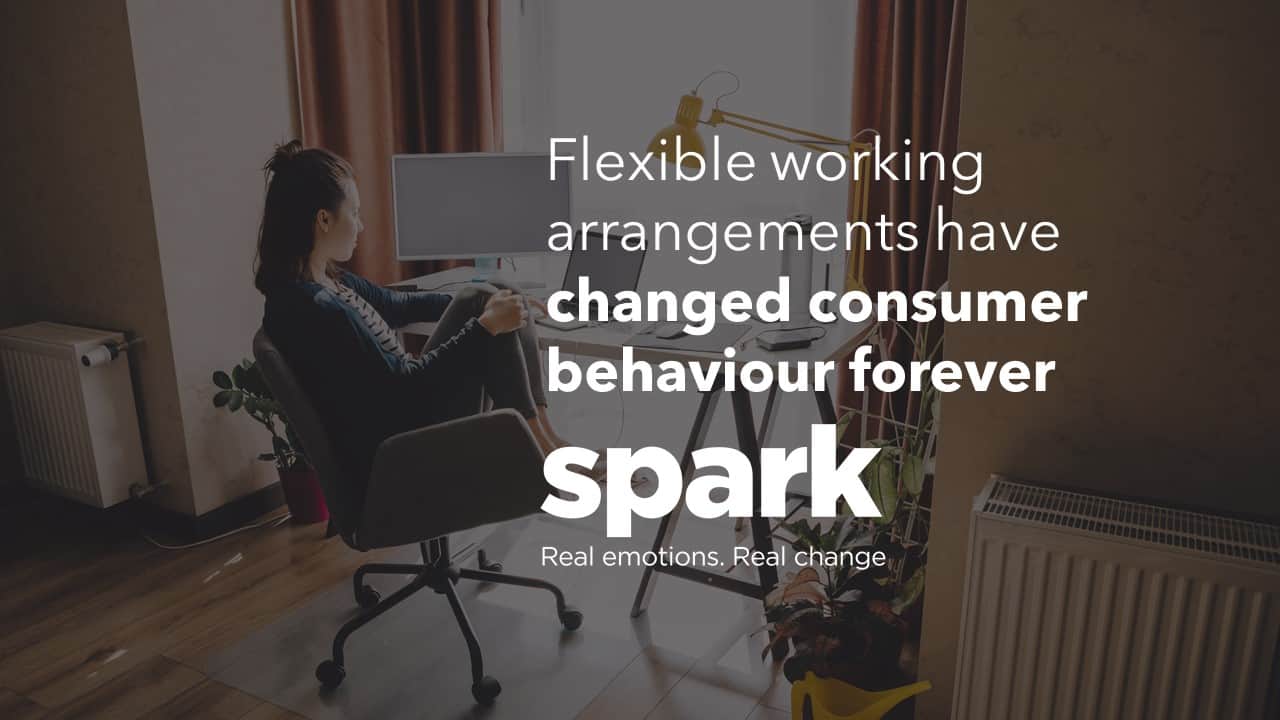The Covid-19 pandemic brought with it many changes, but none have been as widely embraced and internalized as the changes to our ways of working.
The government’s directive to work from home whenever possible, that came in March 2020, set in motion an exodus – office workers moved in their droves to their kitchen tables, conservatories, bedrooms and, for the lucky ones, their spare rooms – as much as 60% of the UK’s adult population.
This rapid change of workplace landscape meant that employees and employers had to continuously and actively adapt their ways of working, team communications, policies etc to an ever-evolving situation, all whilst continuing to deliver to their clients and stakeholders. Concerns over productivity, workplace culture, collaboration and connection increased, pushing teams to become creative in order to address these worries.

Much of the UK embraced remote working
Although the transition to fully remote working had its ups, downs and many stresses, workers settled in the routine and found positives in the situation – 75% found themselves to be more productive due to reduced distractions; an average of £45 per week was saved due to a reduction in work-related expenses, like commuting and lunch; employees got back an average of 5 hours per week by omitting their daily commute to the office.
Positive shifts were also seen by leadership teams, with three-quarters of managers being surprised with their teams’ productivity levels and 52% of them saying their teams are even more productive than when they were office-based.
Even though there are some mixed views, the majority don’t want to go back
Such is the positive impact of this unprecedented move to remote working for both employees and employers, that the idea of going back to the “old normal” doesn’t appeal to a large percentage of the population, meaning flexible working is here to stay. In fact, 60% of Britons would prefer to work remotely all or some of the time and more than half of current hybrid workers would start looking for a new job if they were asked to go back to the office full-time.
Employers seem to be unanimously on board with the move towards hybrid and flexible working, as they try to balance an office-centric culture – with employees’ preference for home working policies being updated there has been a steady increase in jobs advertising hybrid work options.

Inner-city areas have felt a knock-on effect from remote and flexible working
Every silver lining has a dark cloud and one negative of the move to hybrid working is the effect on inner-city areas and towns.
Face-to-face sectors, like hospitality, retail, entertainment, etc that have been in a mutually beneficial, harmonious relationship with office-workers, have been impacted by their absence. In October 2021 the government was warned that a switch back to working from home would’ve caused a £18 billion deficit to the UK economy, and in particular inner-city areas.
The steep rise of e-commerce during Covid-19 has also taken its toll, with many retail jobs being at risk due to the move towards online shopping.

Interaction and social experiences are still crucial to humans
Having said that, the Centre for Cities have recently released the results of their High Street Tracker for February – overall average footfall is the highest since Covid-19 began and almost back to pre-Covid levels. Workers returning to the office are the main drivers of this increase as they are encouraged by the low virus rates, warming weather and, perhaps most importantly, their desire for in-person socialization.
We, as humans, are inherently social beings with very complex social adaptations, interactions and behaviours that have been honed over the past two-ish million years. The sudden transfer of social interactions from predominantly face-to-face to almost exclusively online muddled our well-honed social compass – employees became accustomed to Zoom Fatigue as communication became overwhelmingly different to the norm, sometimes hindering effective connection.
Therefore, a return to the office for highly cooperative and creative tasks, as well as interpersonal connectivity, isn’t unexpected – one of our greatest evolutionary tools was our ability to work cooperatively (Bill Bryson). However, a return to the office full-time is out of the question for many employees as they are looking for greater work flexibility to help them balance their everyday life.
With reduced footfall in inner cities and towns, attracting shoppers will become increasingly competitive and upcoming increases in tax and cost of living will also have a big effect on consumer behaviour. Larger brand repertoires, more product requirements, the pursuit of experiences, etc are key shopper factors that retailers and brands should take into account.

How can we help
At Spark Emotions, we are experts in consumer behaviour and translating those insights into actions. We are able to understand the full shopper’s journey through our multiple methodologies that capture real emotions in real-time. We can understand the effect of macro impacts, i.e. flexible working, right down to pack design, i.e. identifying why shoppers aren’t picking up your products versus your competitors.
Read our case study on how we used our expertise to drive footfall and increase conversion in Foot Locker.
Get in touch to find out to attract more shoppers

Written by Amelia Gavrila, Senior Insights Executive at Spark Emotions.
If you have any questions, feel free to reach out to Amelia via email amelia.gavrila@sparkemotions.com or connect on LinkedIn





